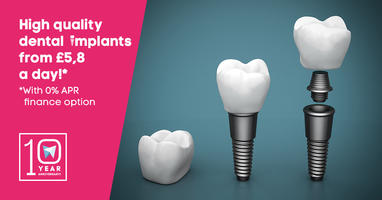Wisdom teeth present a curious problem in the world of dentistry. In general, dentists do not like to extract living teeth unless it is called for, in the case when it is very decayed and infected. But wisdom teeth do very often get extracted to save other teeth, and when the decision is made to pull them is sometimes difficult to understand for patients. I shall hope to clear the air about why wisdom teeth are so often extracted, when they can be kept, and what every patient should know about this dental treatment.

Why wisdom teeth are extracted
If a wisdom tooth is impacted or partially impacted, meaning it has not erupted through the gums entirely, then it will be extracted if it becomes infected. It is very difficult to fill or root canal teeth that are still partially or mostly under the gum line, and it is impossible to guarantee that the infection will not reoccur. This is because the flap of gum and the area behind it is impossible to properly clean, and thus the bacteria causing the damage will have a place to live and cause problems later on.
If the wisdom teeth are pushing on the other teeth they will also be extracted, even if they are no infected. This kind of pressure can dramatically shorten the lifespan of teeth, and can cause crowding which can lead to further tooth decay.
Wisdom teeth have a penchant for irregular growth, and can exhibit some highly abnormal root formations that are difficult to root canal. If a wisdom tooth that is highly irregular need a root canal, sometimes it is easier and safer to have an extraction instead. Lastly, if a wisdom tooth is very damaged or decayed, it may be pulled earlier than with other teeth. This is because its position all the way in the back of the mouth makes it harder to reach and clean.
Just a filling
In any other case, the wisdom tooth can stay. If it is fully erupted and is not pushing on the other teeth, and does not seem to be badly decayed, then a filling or a root canal treatment is perfectly suitable. Wisdom teeth do help you chew, as they extend the chewing surface, and are thus not without function, after all.
The extraction process
If you do need to get a wisdom tooth extracted, it is best to know that because of its often irregular growing patterns and root structures, many wisdom teeth- but not all!- can only be extracted surgically. This is a surgery that is performed while the patient is awake under local anaesthesia and thus shouldn’t hurt a bit, but it may have some unpleasant side effects, like jaw pain, swelling, bleeding, and possibly a slight fever. It is vitally important to follow after care guidelines that will be given to you by your dentist to avoid infection and dry socket.

